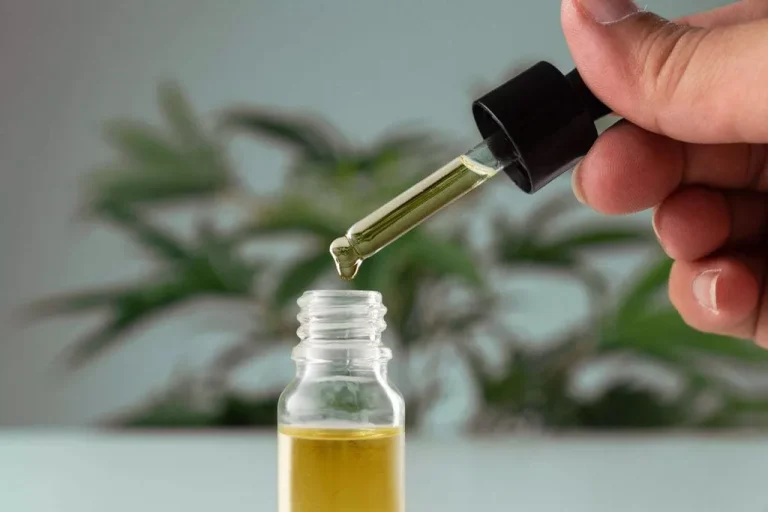
Other ways to get help include talking with a mental health professional or seeking help from a support group such as Alcoholics Anonymous or a similar type of self-help group. If your pattern of drinking results in repeated significant distress and problems functioning in your daily life, you likely have alcohol use disorder. However, even a mild disorder https://ecosoberhouse.com/ can escalate and lead to serious problems, so early treatment is important. You may become more depressed, more anxious, or start losing sleep. You may start to feel sick from heavy drinking, but enjoy its effects too much to care. Many drinkers at this stage are more likely to drink and drive or experience legal troubles as a result of their drinking.

Stage 4: Late Alcoholic
For those who need help right away, WebMD Connect to Care specialists are standing by to get you started on the road to recovery today. The DSM is the latest attempt by doctors to understand and diagnose this disorder. Outpatient treatment is less intensive than inpatient treatment or partial hospitalization programs. They are best for people who have a high motivation to recover but cannot leave their responsibilities at home, work, or school.
- Moderate drinking is the only safe way to consume alcohol, but drinking in general isn’t safe for everyone.
- These projects – Mahadayi, Mekedatu, Upper Bhadra, Upper Krishna and Navali – cumulatively cost over Rs 1.5 lakh crore, and cover about eight lakh hectares.
- However, with proper treatment and support, most people with alcoholism can recover and lead healthy, productive lives.
- If you’re in the “at-risk” population, it doesn’t take much to become dependent on alcohol or other drugs.
Partial Hospitalization Programs (PHPs)
The middle stage of alcoholism is when drinking interferes with everyday life. The mental health changes you experience when you stop drinking can include symptoms of withdrawal, difficulty sleeping, irritability, mood swings, and clearer thinking. While some of these changes can be uncomfortable for some time, they will eventually begin to improve the longer you abstain from alcohol use. After three days, you will likely start to feel more like yourself.
- The person’s use becomes more frequent and risky, and they may begin to experience negative consequences such as health problems and job losses.
- While some of these changes can be uncomfortable for some time, they will eventually begin to improve the longer you abstain from alcohol use.
- Between 90 and 100 percent of alcoholics develop a fatty liver, which can progress to cirrhosis.
- One study showed that after 6 weeks of abstinence from alcohol, brain volume increases by an average of 2%.
- When you stop drinking, various things happen to your mind and body.
- The severity of early-stage alcoholism varies widely among individuals but generally increases over time.
The 5 Stages Of Alcoholism
The abstinence stage typically begins right after you stop drinking. They may also benefit from behavioral therapy, such as cognitive behavioral therapy (CBT) and motivational interviewing (MI), to help them change their attitudes and behaviors related to alcohol use. While in this phase, an individual may still be able to function at work and home, but friends or family may begin to notice changes in their behavior. You’ll soon start receiving the latest Mayo Clinic health information you requested in your inbox. Blacking out from drinking too much is a warning sign of this stage, along with lying about drinking, drinking excessively, and thinking obsessively about drinking.
The Stages of Alcoholism: Recognizing the Signs
Fifty percent of patients with ascites typically die within two years if they don’t have a liver transplant. At this stage, the alcoholic may appear to be functioning normally and is unlikely to have performance problems at work, school or in other settings. In fact, they may mistakenly believe that drinking actually helps them to function better.

Attempts to stop drinking can result in tremors or hallucinations, but therapy, detox, and rehab can help you get your life back. Using alcohol during adolescence (from preteens to mid-20s) may affect brain development, making it more likely that they will be diagnosed with AUD later in life. However, most people with AUD—no matter their age or the severity of their alcohol problems—can benefit from treatment with behavioral health therapies, medications, or both. The first stage of alcoholism is a general experimentation with alcohol.


The most destructive form of alcoholism is chronic alcoholism, an emotionally, socially and physically devastating disease. Alcoholism emerges from alcohol abuse, when there’s a pattern of drinking despite negative consequences. Alcoholism and alcohol abuse are both categorized as alcohol use disorders—affecting people of all ages and stages of life. The severity of the disorder five stages of drinking lies on a spectrum, ranging from mild to severe dependence, also known as chronic alcoholism (although even a mild disorder can spiral out of control without early treatment). Often times, alcoholics develop chronic health conditions as a result of their drinking. These conditions include heart disease, liver damage, brain damage, malnutrition, and mental disorders.

Of course, giving up alcohol is not always easy, and there may be some challenges along the way. But if you’re committed to sobriety, it’s possible to achieve your goal. While not everyone who quits drinking will experience withdrawal, you are more likely to have symptoms if you have been drinking for a long time, if you drink heavily, and/or if you drink frequently. The brain also begins to repair some of the damage and shrinkage you may have experienced while drinking. One study showed that after 6 weeks of abstinence from alcohol, brain volume increases by an average of 2%. Licensed medical professionals review material we publish on our site.
Sunshine Behavioral Health Facilities
- One of the unexpected benefits of giving up alcohol is that you may find yourself more productive than before.
- No matter what stage of addiction you or a loved one may be in, addiction treatment is available to help you overcome alcoholism.
- The test is free, confidential, and no personal information is needed to receive the result.
Alcohol reaches your brain in only five minutes, and starts to affect you within 10 minutes. Your trusted resource for health and wellness information and the latest medical advances to help you and your family live better. You may use options like counseling, support group meetings, and medication management to stay on track. To determine whether or not you may be in the first stage of this model, answer the following questions. If you answer “yes” to most of them, you may be in this stage along with most people who drink on occasion.










